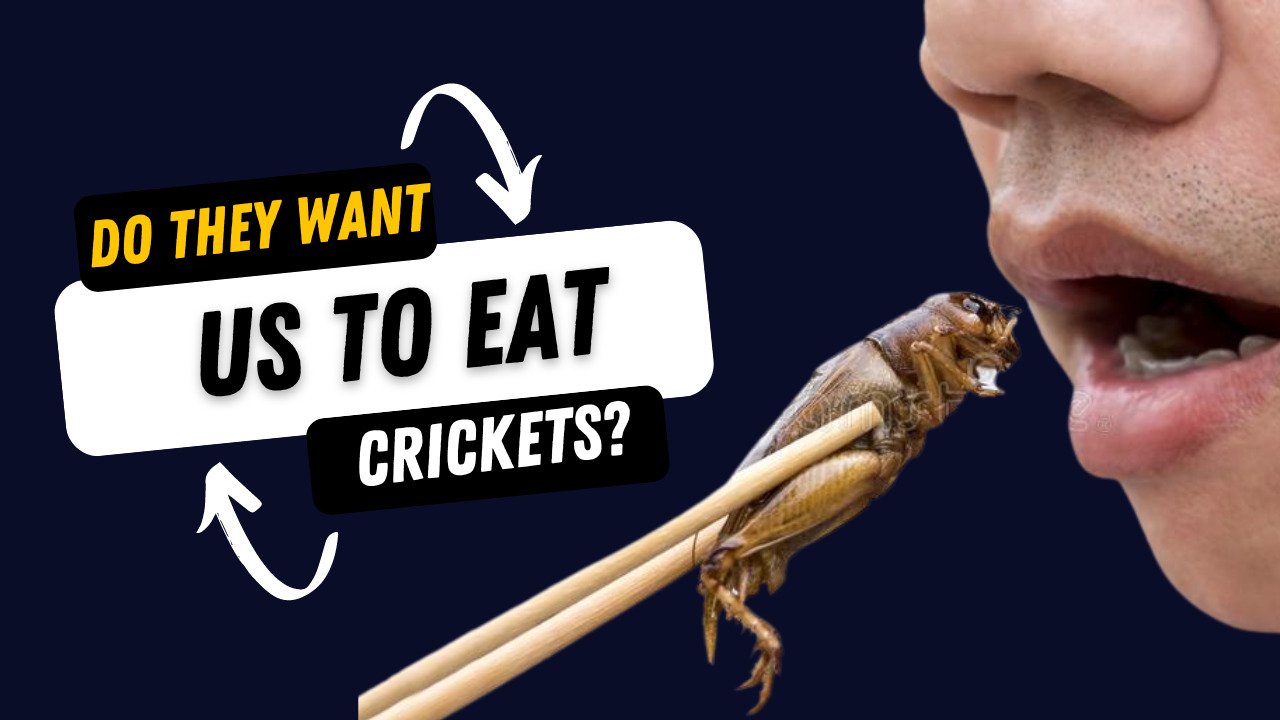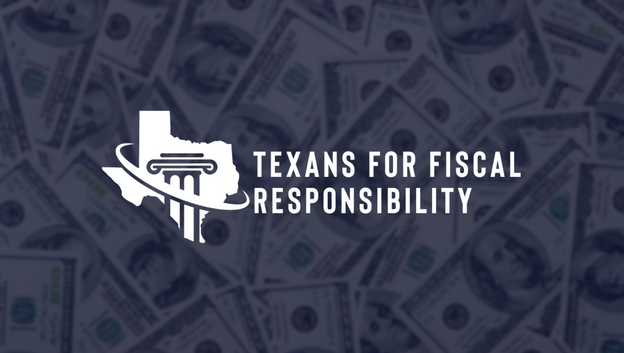
For the last few years, it’s been hard to go to a grassroots gathering without at least a mention of the World Economic Forum or a quote from the infamous Klaus Schwab. If you haven’t heard of the World Economic Forum, you are probably still watching only mainstream media because it is mentioned quite often everywhere else.
If you ask most conservative Texans about the WEF, you will get a response like: “It is a shady, globalist organization run by elites who want to force a “Great Reset” and turn us in to peasants, revoking ownership of land and forcing us to eat crickets.”
But is this true? Is there really a group of people plotting in secret to force us to eat bugs?

The World Economic Forum
Does the World Economic Forum actually exist, or is it just a fairy tale conspiracy-minded people are obsessed with? It is real, and you can go to their extensive website here. Their mission says:
The World Economic Forum is the International Organization for Public-Private Cooperation. The Forum engages the foremost political, business, cultural and other leaders of society to shape global, regional and industry agendas. It was established in 1971 as a not-for-profit foundation and is headquartered in Geneva, Switzerland. It is independent, impartial and not tied to any special interests. The Forum strives in all its efforts to demonstrate entrepreneurship in the global public interest while upholding the highest standards of governance. Moral and intellectual integrity is at the heart of everything it does.
The Great Reset
What about the idea of the Great Reset? The WEF actually has a webpage dedicated to it.
WEF’s CEO Klaus Schwab described three core components of the Great Reset: creating conditions for a “stakeholder economy”; building in a more “resilient, equitable, and sustainable” way and utilizing environmental, social, and governance (ESG) metrics; and “harness[ing] the innovations of the Fourth Industrial Revolution.
In other words, their officially stated goal is to force corporations to be woke or make them a pariah for investors. (TFR recently wrote a piece on what ESG is and why it is bad for the free market.)
The agenda was brought to the public eye during the COVID pandemic. The project was launched in June 2020 with a video featuring then-Prince of Wales Charles III. The initiative’s stated aim is to facilitate rebuilding from the global COVID-19 crisis in a way that prioritizes sustainable development. Most critics of the WEF’s Great Reset view the idea as a power grab by elitists who seek to destroy capitalism and U.S. dominance, transitioning away from fossil fuels and the petrodollar and into a global equitable distribution of power.
You will own nothing, and you will be happy.
Often mentioned with the idea of the Great Reset is the abolishment of private ownership of goods. Although this idea is not stated in any of the WEF’s goals or agendas, this idea did not come from nowhere. However, this claim is not without merit nor is it a conspiracy theory. This is actually a line that was pulled from an official WEF video on “eight predictions for the world in 2030”. You can watch it below.
In the above video, there is also a clip of Klaus Schwab explaining the “Fourth Industrial Revolution.” According to Schwab, this is the current economic revolution moving us to an interconnected digital economy where automation plays a heavy role and all products will eventually become services (you will rent everything, and large corporations will own it).
Do they really want us to eat bugs?
The WEF has come out multiple times calling for a reduction in the amount of meat-eating and, more specifically, large-scale beef production. The WEF urges global citizens to transition to a more “sustainable plant-based diet.” In the video below, WEF makes the case that animal husbandry contributes to carbon emissions and takes up precious space that could be used to grow plants that would help our environment.
But what about the claim of eating crickets? Unfortunately, this is not made up either.
The WEF actually has an article titled “Why we need to give insects the role they deserve in our food systems.” In the article, the organization talks about how bugs are such a great source of protein and are much more sustainable than beef or other meat sources. So, the WEF does openly support eating crickets and other creepy things in an effort to push us to a more “sustainable food system” (presumably while they enjoy ribeyes in their mansions). I don’t know about our readers, but I will be fighting against cricket-eating for as long as I live.
What do we do?
The easiest answer is to keep being Texans. Everything we stand for in Texas directly opposes the WEF agenda. Whether that is conservative values, supporting free markets, our oil-based economy, or our massive beef-ranching system, it seems as though the liberals from Europe didn’t have any input from Texans in their agenda. Although many have implicated Dan Crenshaw (R-TX District 2) of supporting the WEF agenda, he has publicly denied it, calling it a conspiracy theory and citing confusion about being featured on a list of their “upcoming leaders.”
How can you do more?
You can subscribe to The Fiscal Note and stay up to date on all fiscal issues that affect Texans, especially our broken property tax system. We CAN oppose globalism and put Texas on a path to fiscal sanity and future prosperity if we amplify our voices loudly enough.




